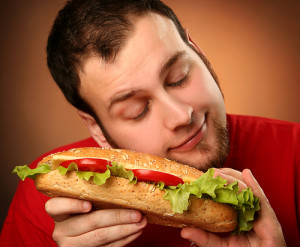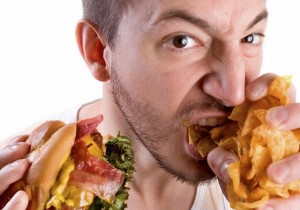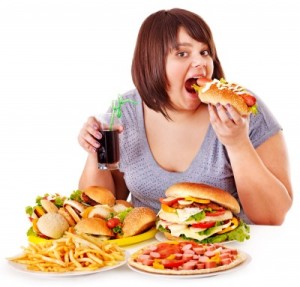Food is necessary for our survival, and it is an essential for our wellness. Asides the fact that food serves as a source of enjoyment and pleasure, food also provides sustenance.
There is also a gratification which food gives via smell, texture and taste. However, for some people, food addiction can be as worse as being addicted to drugs or alcohol.
For people who are suffering from food addiction, they are addicted to food which are extremely rich in sugar, fat and salt. Foods in this category usually trigger chemical reactions in the brain which produce feelings of gratification.
This reaction is compared to the response an addict who is addicted to alcohol and drugs would experience.

Food addicts rely on the pleasurable feelings which are gotten from taking certain foods, which requires a need to eat even when there are no feelings of hunger, thus resulting in a vicious cycle.
As the individual continues to eat food which produce pleasurable feelings, they over eat, and they take beyond what is needed for a balanced nutrition and satisfaction.
This can result in physical, social and emotional consequences which are unpleasant for the individual. If you have someone who is struggling with food addiction, you should be aware that there are lots of implications which could result in that aspect of their lives.
If food addiction is not tended to, it can destroy a person’s life gradually, producing both chronic and damaging symptoms. When you have a good idea of how food addiction affects the various aspects of your life, you will be motivated to seek help.
Below are some of the effects which comes with food addiction:
- Malnutrition
- Obesity
- Diabetes
- Heart disease
- Headaches
- Stroke
- Osteoporosis
- Kidney and Liver disease
- Impaired sex drive
- Reduced self-esteem
- Depression
- Panic attacks
- Suicidal tendencies
- Anxiety
- Sadness
Food addiction help requires you to seek appropriate help and care. This would enable you to get the resources which would be quintessential in solving your addiction problem.





